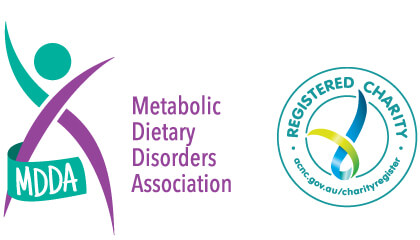
Common Questions
Below are answers to some common questions about Coronavirus (COVID-19). Reminder that the most current, accurate and up to date information can be found here on the Department of Health’s Coronavirus (COVID-19) health alert.
According to the Department of Health, ‘Coronaviruses are a large family of viruses that can make humans and animals sick. They cause illnesses that can range from the common cold to more severe diseases. Coronavirus (COVID-19) was first reported in December 2019 in Wuhan City in China. Other coronaviruses include Middle East Respiratory Syndrome (MERS) and Severe Acute Respiratory Syndrome (SARS).’
According to the Government website HealthDirect, ‘The virus is most likely to spread from person to person through: direct contact with a person while they are infectious, close contact with a person with a confirmed infection who does not take appropriate precautions when coughing or sneezing and/or touching contaminated objects or surfaces (such as door-knobs or tables) and then touching the mouth or face.’
According to the Department of Health:
In Australia, the people most at risk of catching the virus are:
- travellers who have been recently been overseas
- those who have been in close contact with someone who has been diagnosed with COVID-19
- people in correctional and detention facilities
- people in group residential settings
You are at high risk of serious illness from COVID-19 if you:
- are age 70 years and older
- have certain conditions which compromise their immune systems.
You are at moderate risk of serious illness from COVID-19 if you:
For more information click here
According to the Department of Health: Symptoms of COVID-19 can range from mild illness to pneumonia. Some people will recover easily, and others may get very sick very quickly. People with coronavirus may experience symptoms such as:
- Fever
- Respiratory symptoms
- coughing
- sore throat
- shortness of breath
Other symptoms can include runny nose, headache, muscle or joint pains, nausea, diarrhoea, vomiting, loss of sense of smell, altered sense of taste, loss of appetite and fatigue.
To stop the spread of COVID-19 people with even mild symptoms of respiratory infection should get tested.
For more information click here.
As part of Australia’s response to COVID-19, public health units around Australia have increased testing. People may have a COVID-19 test for several reasons. You can find more guidance for people who are tested under these enhanced procedures for COVID-19.
If you need to get tested, you can:
- attend a free COVID-19 respiratory clinic
- contact your doctor and they will arrange the test, this may attract a fee.
COVID-19 respiratory clinics are dedicated health centres located around the country, focusing on testing people with symptoms of respiratory infection.
Find the COVID-19 respiratory clinic nearest to you.
For more information click here
According to the Department of Health:
To protect yourself and others everyone must do the following to slow the spread of COVID-19 and protect those who are most at risk.
See important advice on:
For common questions about COVID-19 vaccines click here.
Social distancing includes ways to stop or slow the spread of infectious diseases. It means less contact between you and other people. The Department of Health has a factsheet on their website about social distancing and why it is important. It can be found here.
Public gatherings and social occasions significantly increase the risk of COVID-19 spreading. Rules for public gatherings and social gatherings differ between states and territories.
For more information click here.
Information on what the Department of Health is doing to help can be found here.
You should always look to Government websites for accurate and up to date information regarding Coronavirus
The World Health Organisation also has a page on their website debunking Coronavirus myths, which can be found here.
